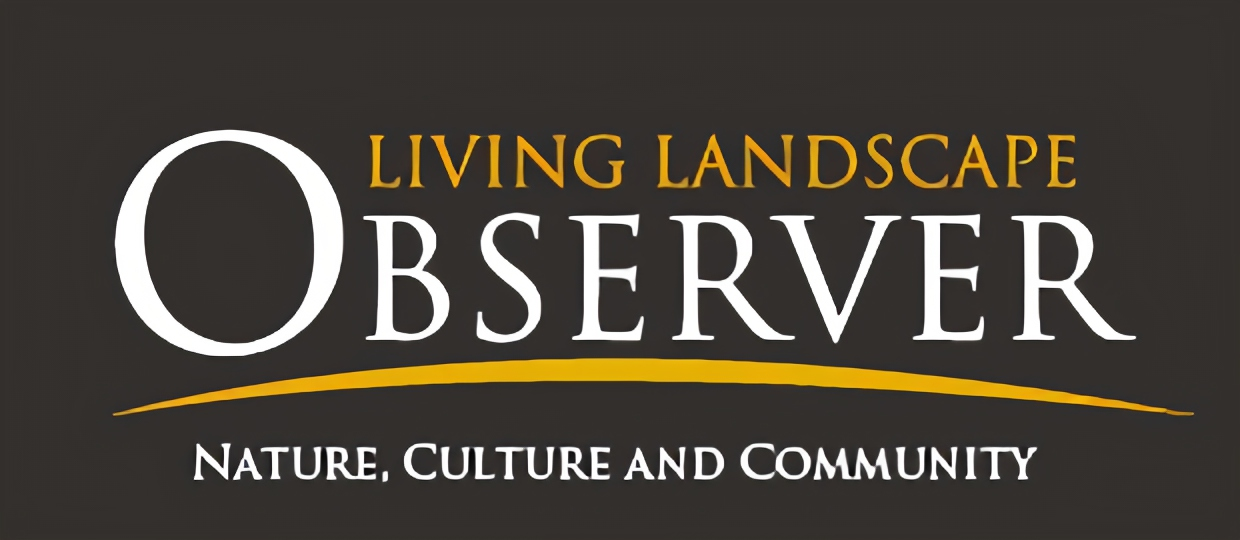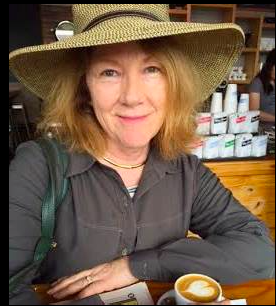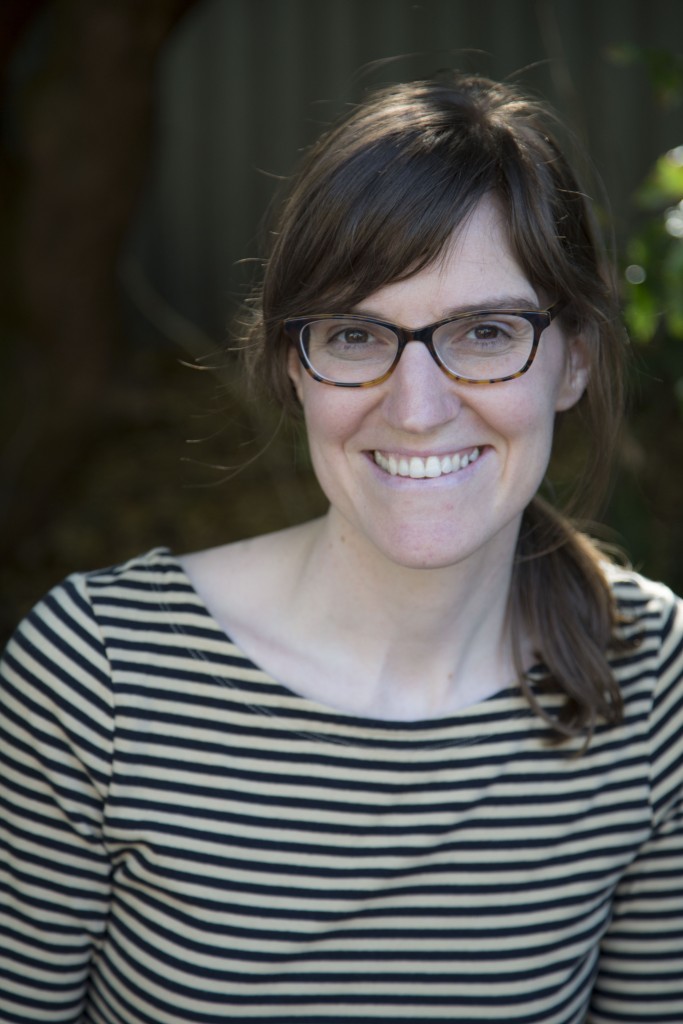
The UN Biodiversity Conference 2022 finally took place in Montreal, Canada from December 7 -19 under the theme “Ecological Civilization: Building a Shared Future for All Life on Earth”, and amongst the many achievements has ushered in new initiatives to put the linkage of natural and cultural diversity at the heart of implementation.
Biodiversity – the diversity within species, between species and of ecosystems – is declining faster than at any time in human history. States gathered at the Conference recognised that, beyond its intrinsic value, biodiversity is fundamental to human well-being and a healthy planet, and our dependence on it for food, medicine, energy, clean air and water, security from natural disasters as well as recreation and cultural inspiration. The challenges have never been greater, with global assessments showing that 25 percent of those species that have been assessed to date are threatened, suggesting that around 1 million species already face extinction, many within decades, unless action is taken. Our biosphere is being altered to an unparalleled degree across all scales, and the five greatest direct drivers of change in nature with the largest global impact have been changes in land and sea use, direct exploitation of organisms, climate change, pollution, and invasion of alien species.
The main objective of this Conference was for governments to adopt the post-2020 global biodiversity framework. After a global pandemic and four years of negotiations and consultations, the Conference of the Parties (COP) of the Convention on Biological Diversity (CBD) adopted the Kunming-Montreal Global Biodiversity Framework (KM-GBF) with a ‘package’ of decisions to support its implementation, including on issues such as monitoring, capacity building and resource mobilisation. This is the landmark plan, with four goals, and 23 action oriented targets that define international ambition for a pathway to achieve life in harmony with nature by 2050.
The KM-GBF makes many direct and indirect references to culture, and the diversity of values and world views that link people and nature, stating that it will place biodiversity “at the heart of the sustainable development agenda, recognizing the important linkages between biological and cultural diversity.”
The COP also confirmed commitment to a renewed ten-year Joint Programme of Work on the Links between Biological and Cultural Diversity, inviting many partners to come together with the CBD Secretariat, UNESCO, IUCN (International Union for Conservation of Nature) and with cultural partners ICOMOS and ICCROM to act on four elements of work:
- Element 1: A joint strategy to stop the ongoing and often dramatic decline in global diversity of both nature and culture
- Element 2: Science dialogue, knowledge dialogue, equivalence of knowledge systems, indicators and monitoring efforts
- Element 3: Biocultural diversity and linkages between nature and culture in integrated socio‑ecological systems
- Element 4: Develop new approaches to communication, education and public awareness (CEPA)
This new Programme of Work is expected to prioritise support for the leadership of Indigenous peoples and local communities in the new GBF, and is the first CBD decision that invites ICOMOS and ICCROM, with partners across the culture sector, to take a lead role in global nature conservation action.
A further highlight of the Conference was the Nature and Culture Summit convened to generate new pathways for intercultural, intergenerational and international cooperation to integrate nature and culture in the implementation of the GBF. This delivered a rich, challenging and high-level programme, with very strong participation from Indigenous Peoples and Local Communities. The Summit website provides full details of the Programme, and links are available to view the sessions. The Summit produced the Yunnan – Tiohti:áke Nature Culture Summit Declaration: Towards Flourishing Diversity which was read to the plenary meeting of the COP.
Now the time to act to implement this new ambition, and build a new coalition, and the programmes and partnerships needed, to achieve a world of Flourishing Diversity that embraces nature and cultures. The Living Landscape Observer is one important forum to exchange and generate ideas, so – if you are able to contribute to this new effort and are not in touch already, please do reach out for further information.
Tim Badman (tim.badman at iucn.org) is Head of Heritage and Culture at IUCN, having served as Director of the IUCN World Heritage Programme since 2009 and Director of the IUCN Nature-Culture Initiative in 2019-2020. He joined IUCN having worked as team leader of the Dorset and East Devon Coast World Heritage Site, UK, and with other previous roles in coastal and rural conservation, geologic heritage and environmental interpretation.
Eugene Jo is Programme Manager of the World Heritage Leadership Programme since 2017, based at ICCROM in Rome, Italy. The Programme aims to improve management practices by interlinking culture and nature while taking a people-centred approach. Eugene was previously the national focal point for World Heritage in Korea and an independent researcher. She also served as Rapporteur of 40th session of the World Heritage Committee in 2016.



2 Responses
Thank you Tim and Eugene. I am interested in your thoughts about bringing the work of UN Biodiversity Conference 2022 & and the Declaration to the ICOMOS Triennial General Assembly & Scientific Symposium (GA2023)? Happy to discuss outside of this chat-line, but others may also have thoughts.
Hi Steve
Suggest you reach out to Tim directly not through this website as we are struggling we have lots of useless spam..